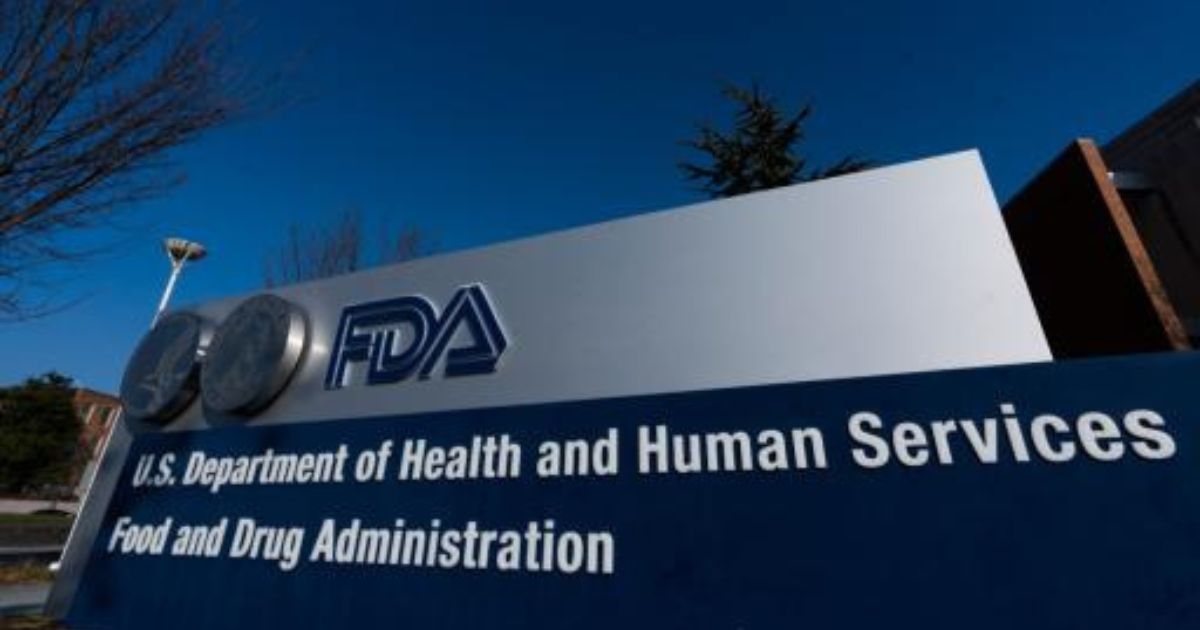The Food and Drug Administration (FDA) is issuing a warning regarding the use of ketamine for the treatment of psychiatric disorders. The FDA has emphasized that they will not approve ketamine for Psychiatric Disorders treatment.
Ketamine, also known as ketamine hydrochloride, is classified as a Schedule 3 controlled substance by the FDA. It is FDA-approved for specific uses, primarily as an intravenous or intramuscular injection solution for the induction and maintenance of general anesthesia.
The FDA has taken note of the marketing and promotion of compounded ketamine products for a wide range of psychiatric disorders. However, the agency has not endorsed the use of ketamine for treating psychiatric conditions, emphasizing that the drug has not been proven to be safe or effective for such purposes.
Ketamine for Psychiatric Disorders Treatment Is Not Safe
One particular concern raised by the FDA is the availability of compounded ketamine products through telemedicine platforms and compounding pharmacies for at-home use. While this approach may be attractive to some patients, it raises serious issues related to patient safety.
The lack of on-site healthcare providers to monitor patients for adverse events, such as sedation and dissociation, is a significant concern. The FDA warns that this absence of medical oversight may put patients at risk of potential dangers associated with the use of ketamine for psychiatric disorders.
Safety concerns regarding compounded ketamine products have been identified by the FDA. The lack of safe and effective dosing guidelines for ketamine in the context of psychiatric indications further underscores the agency’s concerns. The FDA points out that the absence of approved dosing recommendations can place patients at risk of experiencing serious adverse events, misuse, and potential abuse of the drug.
The FDA’s warning is intended to raise awareness about the potential risks associated with the use of ketamine in the treatment of psychiatric disorders. Patients and healthcare providers are strongly encouraged to exercise caution and seek alternative treatments with established safety and efficacy profiles.
The FDA’s message underscores the importance of adhering to approved treatments and medications for psychiatric conditions. This cautionary advisory aims to protect patients and ensure that they receive proper and safe care while highlighting the risks of unproven treatments that lack FDA approval.
The agency also stresses that patients should consult with their healthcare providers before considering any off-label or non-FDA-approved treatments. This precautionary approach helps ensure that individuals with psychiatric conditions receive the most appropriate and evidence-based care to safeguard their health and well-being.
The FDA’s warning serves as a reminder of the importance of regulatory oversight in the field of medicine and healthcare. Ensuring that treatments are thoroughly evaluated for safety and efficacy is crucial for protecting the public and advancing patient care.
The agency’s decision to issue this warning is part of its ongoing commitment to safeguard public health and promote informed healthcare choices. Patients, healthcare providers, and the broader medical community are urged to adhere to FDA-approved treatments and seek expert guidance when addressing psychiatric disorders and related conditions.
In conclusion, the FDA’s warning regarding the use of ketamine for psychiatric disorders highlights the potential risks associated with unapproved treatments.
Patients and healthcare providers are encouraged to prioritize safe and evidence-based approaches to psychiatric care, and to consult with medical experts to make informed decisions.
This advisory reflects the FDA’s commitment to ensuring patient safety and promoting responsible healthcare practices.



